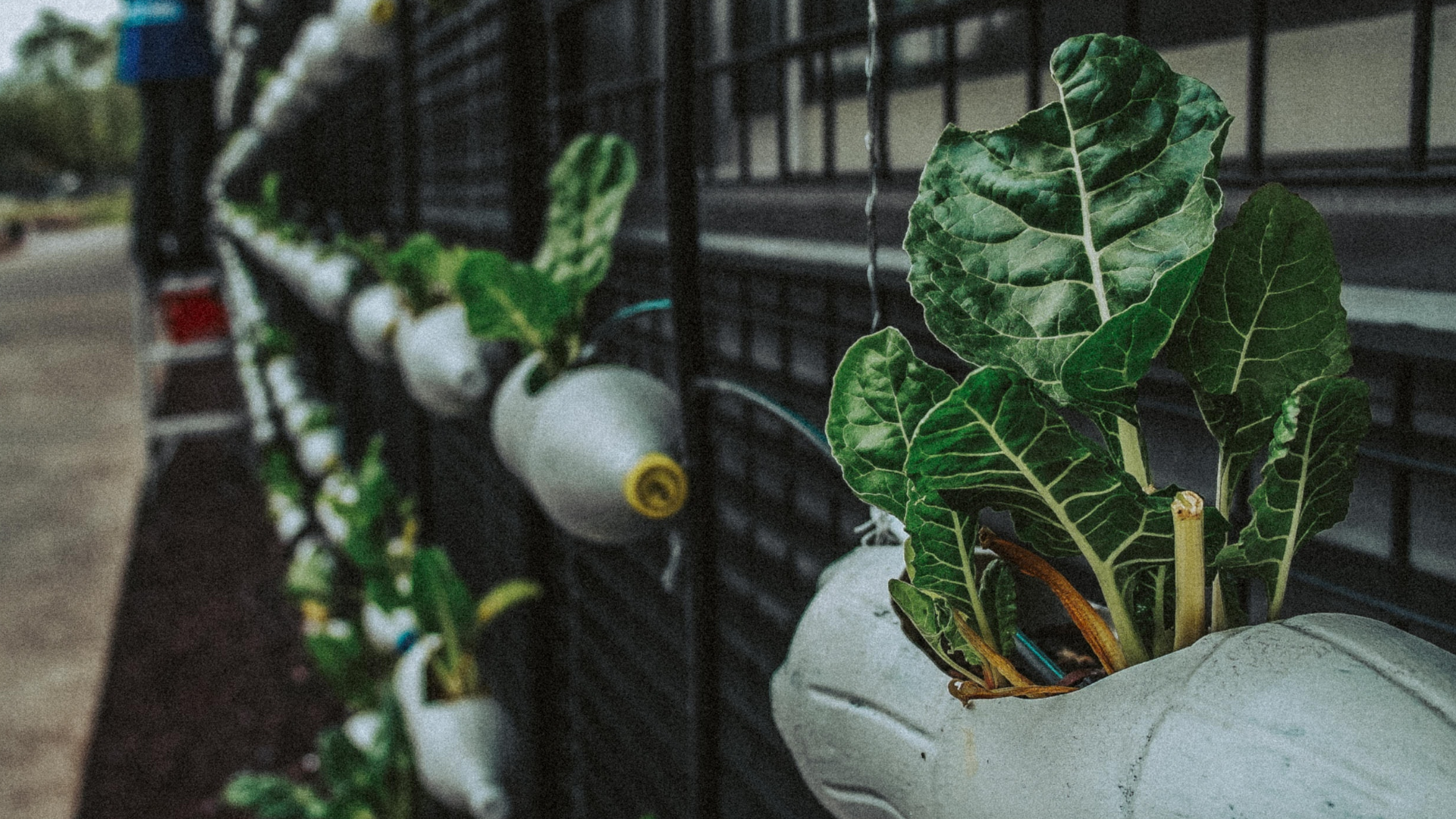Retail Trend Watch:
Plastic Waste Prevention
Before social media began inundating us with photographs and videos of the ghastly results of a wasteful lifestyle, there were few immediately negative consequences to drinking water from plastic bottles, using straws at restaurants, or packing our gas-guzzling vehicles with plastic grocery bags twice a month.
When it comes to the way Americans run our households, most can agree that we’ve got to do better—but so do the corporations who manufacture and sell consumer goods.
The Little Things
This issue won’t be solved by a slew of PhD holders or sustainability savants—all we’ve got to do is pay attention to the hundreds of tiny plastic luxuries that convenience-based capitalism has woven into everyday life. Think about twist ties on bread loaves, orange pill bottles in the medicine cabinet, bottled water, thin produce bags, individually packaged snacks and candies; the list goes on for miles.
Eco-Friendly
Making small shifts that disrupt the comfort of our daily routines can seem like an insurmountable task, so this week’s blog post will focus on providing specific examples of how anyone, from corporate conglomerates to nuclear families, can support environmental longevity.
Plastic Bags
American grocery should take a leaf from Vietnam’s banana tree by packaging produce with more produce. The east Asian grocery chain Lotte Mart now wraps its fruits and vegetables in long, sturdy banana leaves, then places a biodegradable sticker on the wrap with the food’s pricing, produce code, and brief description printed on it.
Plastic produce bags have recently come under fire for their inefficiency in rewarding healthy lifestyles. Even those who limit their meat consumption out of consideration for the environment are essentially breaking even on their efforts due to pesky plastic produce containers. While shoppers wait for the U.S. to take a hint and find a better solution, these reusable mesh produce bags should hold us over.
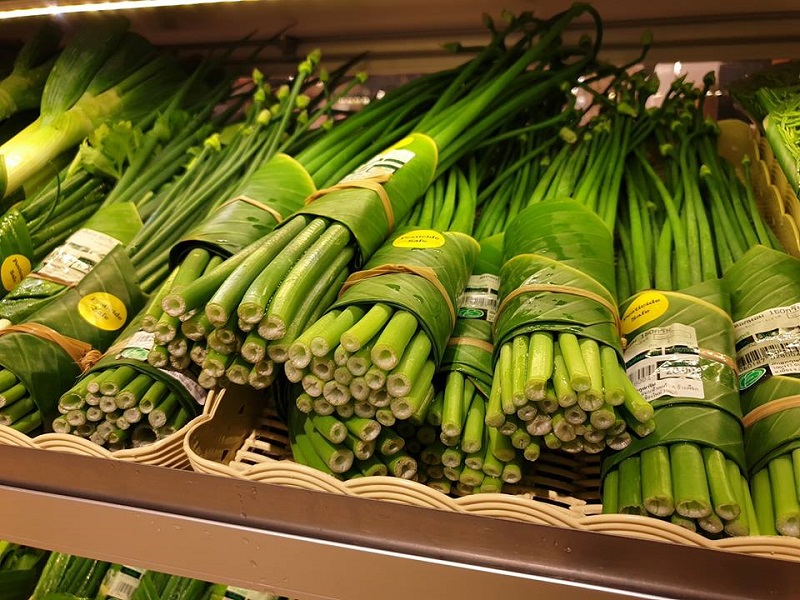
Image via Facebook/perfecthomes
Plastic Lids
Boost Starbucks’ efforts to create an environmentally friendly caffeine culture by carrying a reusable cup to your coffee shop rendezvous. Skip the straw, skip the NitroLid—skip the disposable cup altogether and hand one of these over to your barista instead. They’re technically viable at any coffee-serving establishment, including airport locations. Just be sure to keep the cup empty until you’ve made it to your gate.
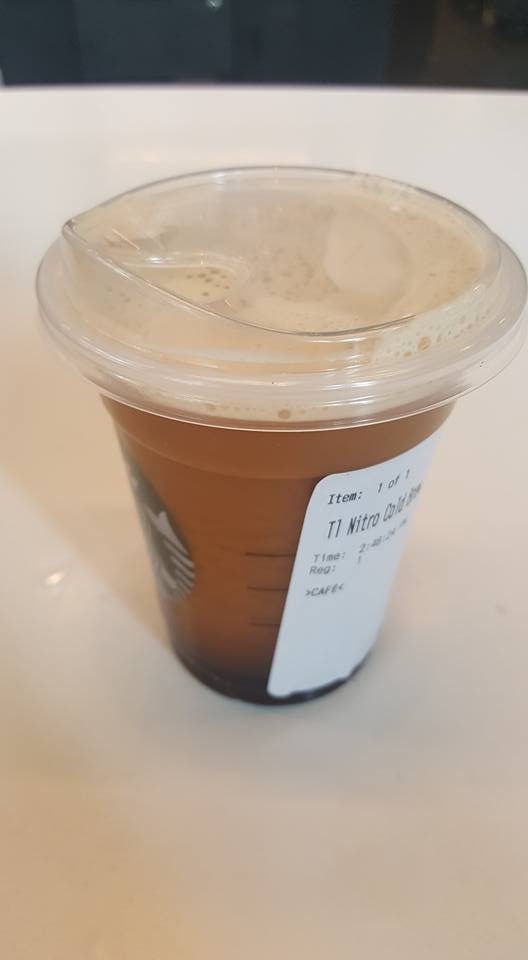
Image via StarbucksMelody
Individually Packaged Snacks
While extremely convenient for the modern-day soccer mom — individually packaged snacks, candies, and drinks are the bane of Earth’s existence. So much unnecessary plastic! Whenever possible, try to purchase staple grocery items in bulk. The larger, the better.
For brownie points, bring reusable bags or boxes to the store and scoop beans, rice, pasta, coffee, etc. straight from their dispensers into your container. And, while you’re at it, try to convince your local grocery to opt for bulk food bins with serving scoops.
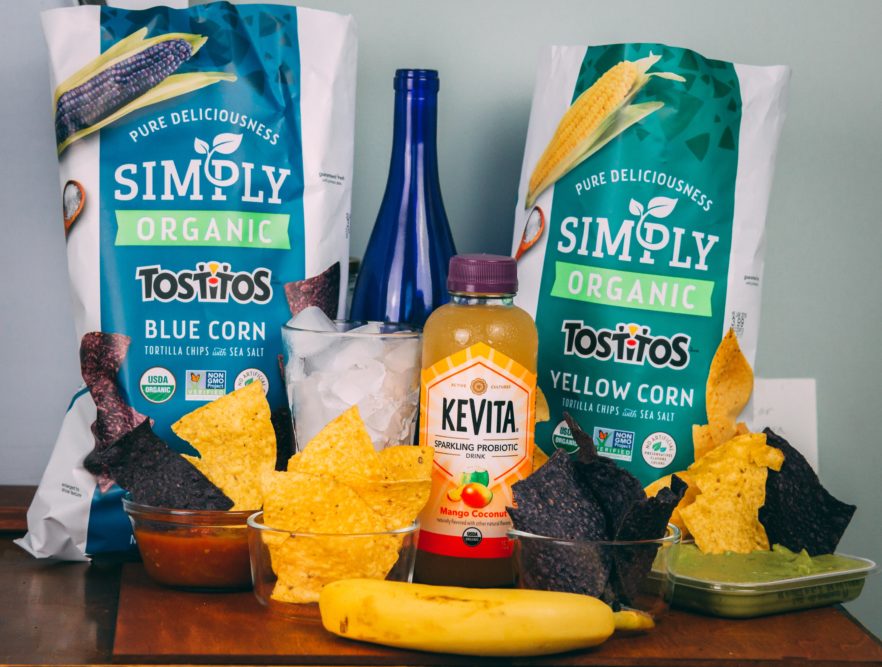
The Juice
Using your mesh produce bags, deconstruct your juices by purchasing the fruit or vegetable and juicing it yourself. Orange, pineapple, grapefruit, and veggie combos can all be concocted in the comfort of your own home without any plastic jugs entering the equation. Purchasing a juicer is a one-time expense that will prevent the earth from paying dearly for years to come.
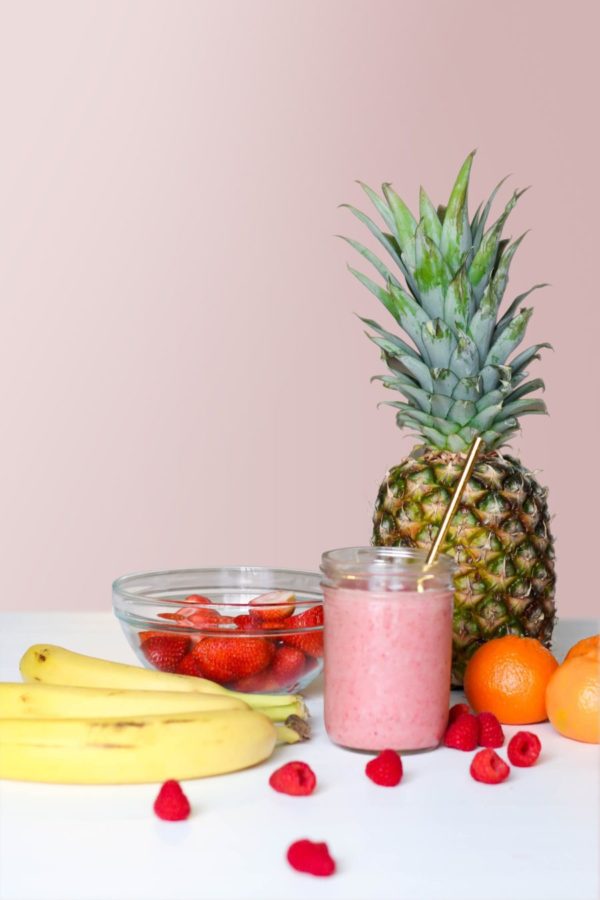
Birthdays
For birthday candles, firewood, and stubborn gas stoves, matches are a much better option than disposable plastic lighters filled with lighter fluid. While the reusable aspect of a plastic lighter can seem “green”, wooden matches are biodegradable.
So, even though matches are only good for one strike, they meld painlessly with the earth once they’re discarded, unlike thick plastic fire-starters that will take centuries to dissolve.

Make the Change
While making small sustainable lifestyle changes may seem intimidating, their payoff far surpasses the temporary discomfort of resettling into a new way of purchasing goods. After all, it only takes 21 days to break an old habit and replace it with a new one. Mother Earth will thank you.
Author:
McKenzie Allen
Business Development Manager
800-677-2260 Ext.168
Email
Contact
Contact us below for more information or cost estimation for an upcoming project.
[Form id=”9″]
